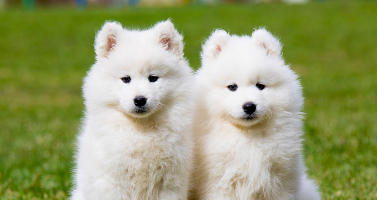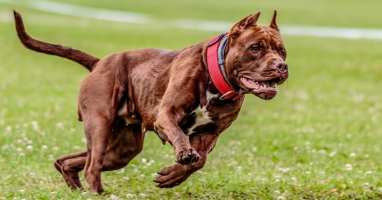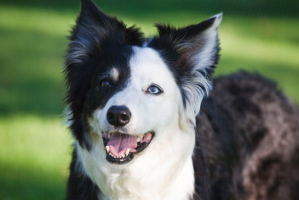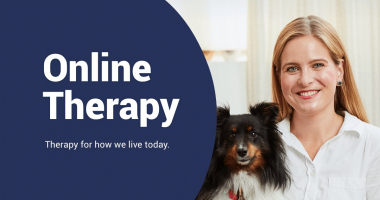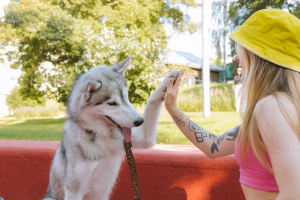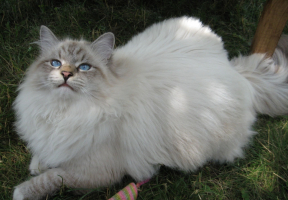Top 10 Best Therapy Dog Breeds
If you are a patient undergoing therapy treatments - or just someone who is currently experiencing lots of stress and anxiety - Toplist suggests you consider ... read more...the best therapy dog breeds to purchase. These dogs exude a loving and pleasant vibe that will improve your mood in no time!
-
Labrador Retrievers are no doubt among the best therapy dog breeds. Hence, they deserve an honorable spot on our compiled list. These dogs are indeed suited for all forms of employment, which include service dog work, emotional support dog work, and therapy dog treatment. Most of them are versatile and clever, good at almost anything they are trained for (and the training process is quite a breeze as well!) With proper teaching and guidance, these dogs have the full capacity to help you maintain concentration. They also like pleasing their owners.
Even better, Labrador Retrievers boast a calm, gentle, and loving disposition, which makes them ideal companions for people with fragile mentality. Indeed, though these dogs are very huge, they are extremely kind and seldom cause accidents with little or fragile individuals.
Last but not least, despite the fact that they often have a lot of activities, Labradors are quiet and have no trouble sitting still for days with a patient if necessary.

Source: Wikipedia 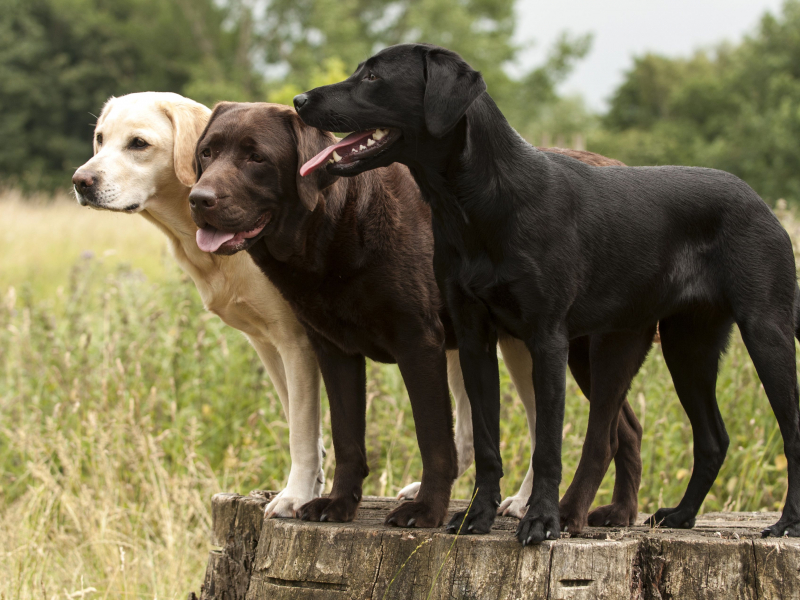
Source: Treehugger -
The moment you first clicked this article, we bet you had never expected Greyhound to make their way onto this list. It is also fairly unsurprising to discover the reason why. After all, therapy dog breeds are required to be calm, quiet, loving, and friendly. Meanwhile, Greyhounds often leave the impression of being hyperactive and restless animals. Many clients tend to believe that Greyhounds are too active and vigorous for therapeutic work as a result. However, we are glad to tell you that such a misbelief could not stray further from the truth.
While these lanky dogs can sprint very quickly if they want to, they are, in fact, rather slothful and love to lounge about your room. It is true; Greyhounds like nothing more than lazing about and getting patted for extended periods of time. Furthermore, Greyhounds are extremely easy to train and have a submissive demeanor, allowing them to maintain composure. They like the company of others and are resistant to distractions.
Last but not least, its short coat also results in minimum shedding, requiring minimal upkeep whenever they visit you.
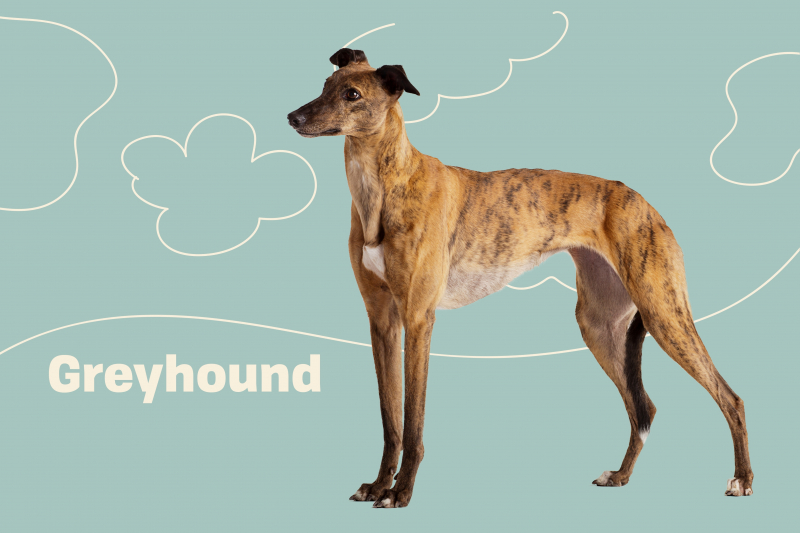
Source: Daily Paws 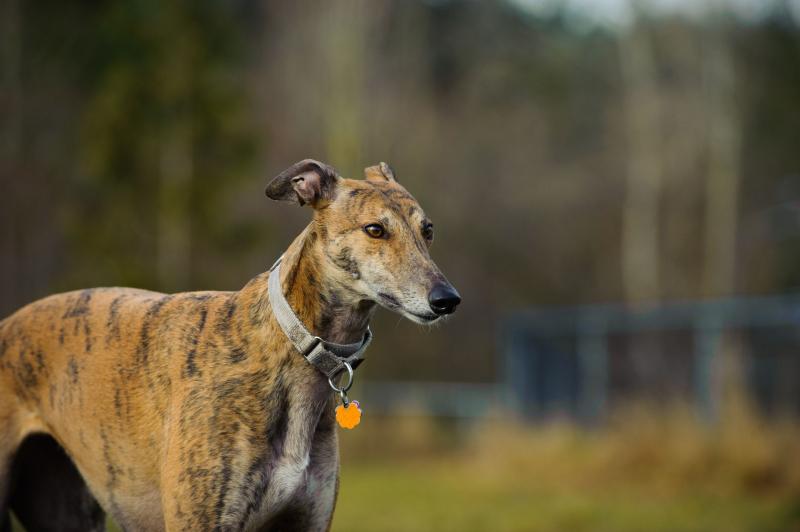
Source: PetPlace -
Another highly recommended dog breed for therapy treatment is the Border Collies. How do these small dogs become such popular companions for many clients - and even receive numerous praises from psychologists and therapy experts? There are good reasons for that, of course. Overall, from our observation, Border Collies are bright and people-pleasing dogs, which gives off such an encouraging vibe for people who are suffering from a lack of confidence and trust in themselves.
If we can compare the Border Collies to a person, we would say they resemble a kid - and there is nothing kids enjoy more than mastering a new skill and getting applause for a job well done! Indeed, they are quite attention-seekers (in a good way!) and like being around others. They will build strong ties with everyone they spend significant time with.
This Border Collie breed is so loving that, if left on their own for too long, they may experience mild depression. Therefore, these dogs flourish in therapeutic settings where people give them all the treatment and attention they desire.
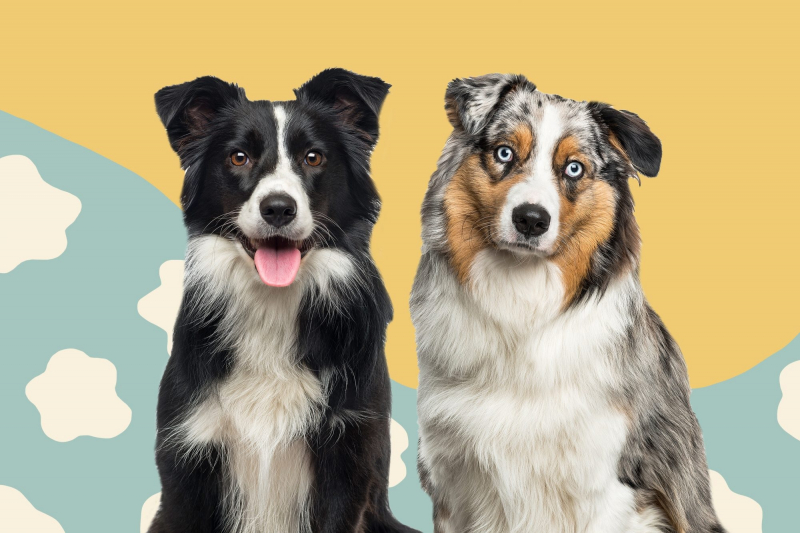
Source: Daily Paws 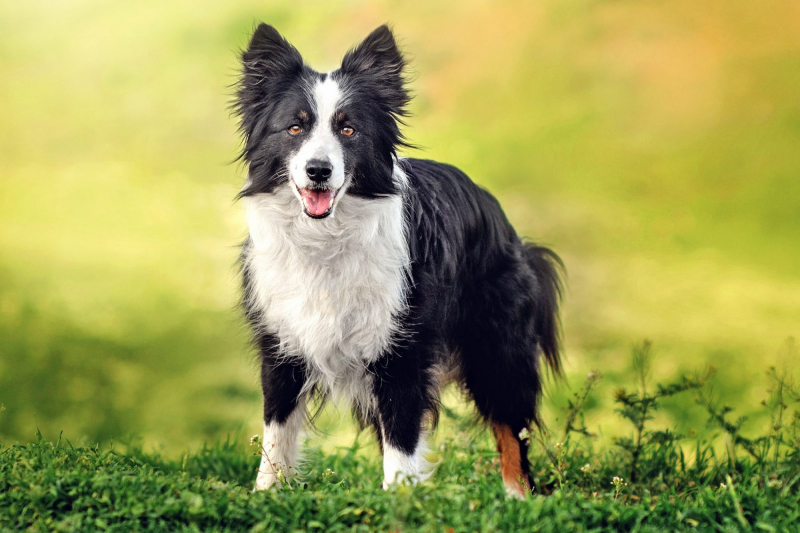
Source: Daily Paws -
For people who are undergoing therapy, patting a dog may have unexpected calming effects. Their soft and warm fur will bring some peace and calmness to your mind, shooing away unwanted and negative thoughts. And if you are such a person - who is looking for a petite and pleasant therapy dog to put into your lap and pat for hours - then do not skip these Pugs in your list of considerations.
Pugs are another instance of an excellent lap dog - which will gladly spend the whole day on the lap of a person in need of companionship. They are incredibly perceptive, and hence, they can intuitively sense whenever their owner requires some of their love and devotion. They like being petted and getting hugs. A Pug will bask in the attention they receive from a crowded institutional setting.
Pugs are quite lively, which renders them a perfect companion for children. At the same time, their lack of energy makes them simple to govern. Overall, Pugs are another breed that thrives in more confined surroundings with limited space for running and playing.

Source: BeChewy 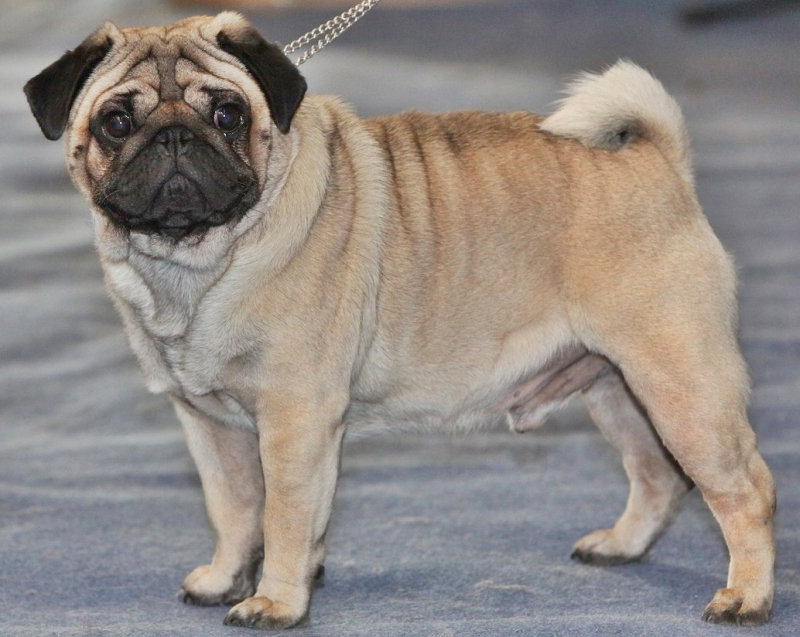
Source: Wikipedia -
Similar to Labradors, Golden Retrievers are also seen as one of the best therapy dog breeds. Owning Golden Retrievers would pose significant impacts on your mental and emotional health. They are a must-have for dog owners who often experience anxieties! Another common thing between Labradors and Golden Retrievers is that both are often seen in job positions - since such positions are well suited for these dogs.
It is easy for most people to approach and embrace them without difficulty or hassles. That is very understandable; after all, these Golden Retrievers are bright, kind, and pleasant. Most of them also seem to be very well-behaved even without intricate training.
The Golden Retriever is among the most sociable and people-friendly dog breeds. Despite their great size, they are quite gentle with youngsters, making them ideal for working with children. For further considerations, we suggest you obtain a Labradoodle or Goldendoodle, which often boasts the low-shedding fur of the Poodle; they will be excellent if you are concerned about some shedding issues.

Source: PetMD 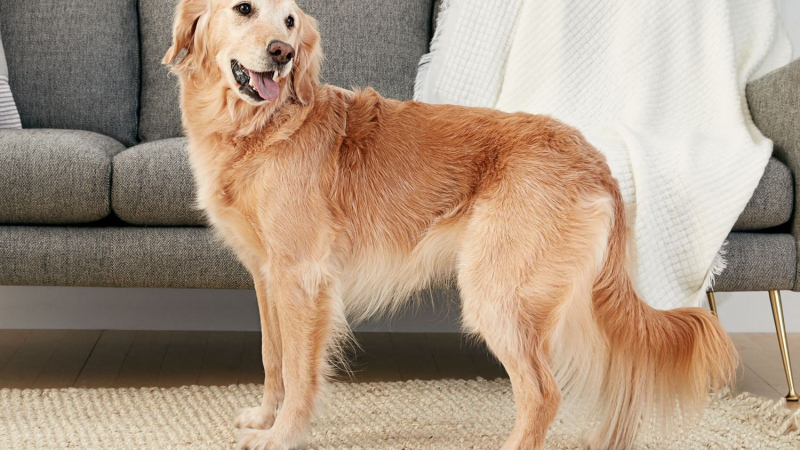
Source: The Spruce Pets -
If you are a keen fan of detective or criminal movies, then we are certain you might have seen these bad guys somewhere in a police scene in those films. Indeed, these films are quite true-to-life in that, due to the intelligence and trainability of these dogs, German Shepherds are often used as police dogs, and they perform their trained tasks exceptionally.
But do you know that, aside from their duties as police assistants, German Shepherds can also be employed as wonderful therapy companions? Indeed, their small sizes render them appropriate in these therapy settings. They function as a dutiful buddy that slowly guides a patient through different tasks and exercises. Even better, unlike some more fragile and petite dogs, they have sufficient strength and stamina to give you physical assistance if necessary. You will soon find yourselves falling in love with them!
Despite their somewhat scary and intimidating look, these canines are kind and good with children. A proper and well-kept German Shepherd is almost incapable of failing anything.
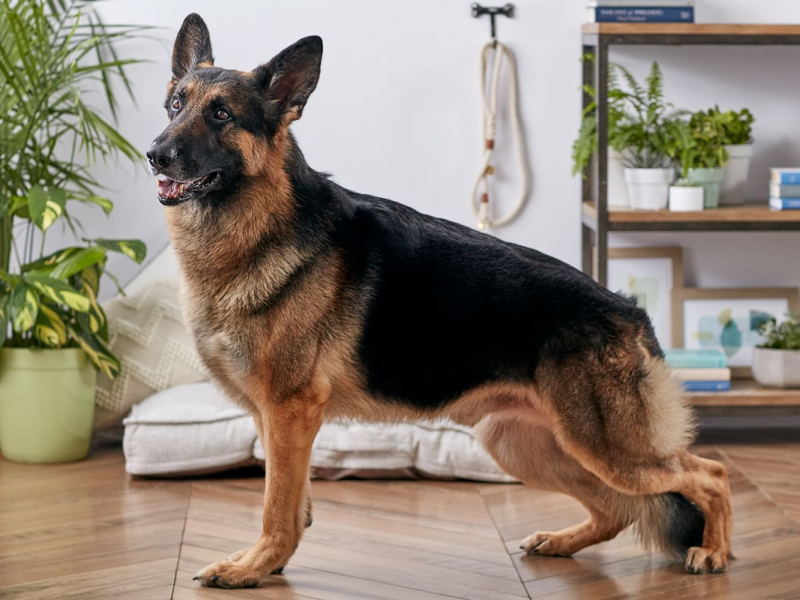
Source: The Spruce Pets 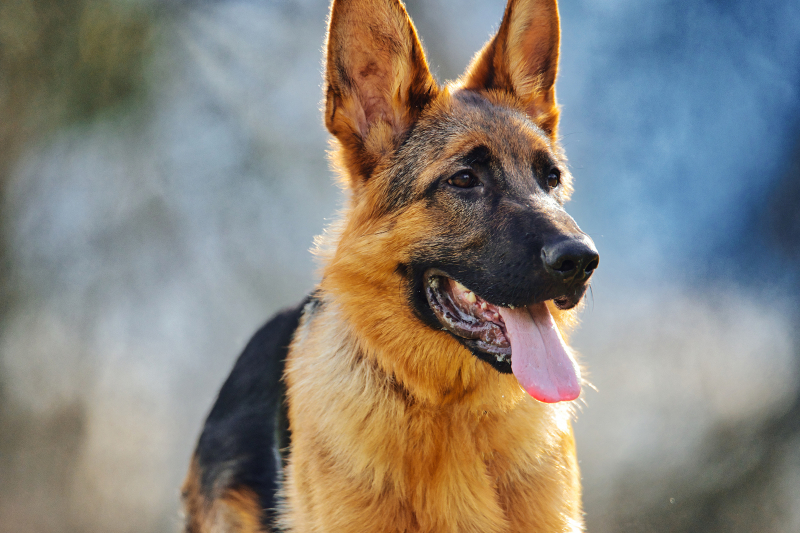
Source: Dogs - Love to Know -
Similar to some of the therapy dog breeds on our list, Dachshunds are also considered by many therapy patients as very friendly and lovely canines. Dachshunds are very sociable, and they extremely appreciate the company of a human. These dogs will be the happiest when snuggled up on someone's lap. They are an excellent alternative if you do not like (or cannot afford) a Pug.
What makes Dachshunds so popular among many clients? First of all, they are dynamic, fun-loving, and courageous. Hence, they always engage patients in interactive activities, helping you gain more confidence and assurance in yourself. Even better, these dogs are clever and highly trainable, making them simple to handle when necessary. As a tiny breed, they may thrive in areas where bigger dogs would be a hindrance. Their short, lustrous coats are also simple to maintain and low-shedding; thus, they do not bring any unneeded clutter or bother into their working settings.
One minor drawback is that they tend to bark a lot - but that issue could be fixed easily with some proper training.

Source: DogTime 
Source: Alpha Paw -
French bulldogs are another exceptionally bright and perceptive canine breed. People who often find themselves viewing things with a pessimistic outlook might consider adopting French bulldogs. They would cheer you up in no time and serve as a great companion and motivation for you to propel yourself towards your goal. This sentiment is concurred by many customers and experts, who have lauded French bulldogs as an irreplaceable part of therapy treatments in many clinics and hospitals.
Most French bulldogs are adept at detecting the emotions and dispositions of others around them. They can also adjust to changing circumstances very quickly. These dogs are very simple to teach, so they are generally well-behaved and adopt new instructions much faster than other dog breeds. These little canines appear to be very social (and they indeed are!); they like meeting new people, and never display hostility against strangers.
Due to their petite size, French bulldogs are excellent therapy dogs for clinics, rooms, or hospitals with moderate dimensions. They do not need much activity and will have no trouble traversing crowded and tight locations.
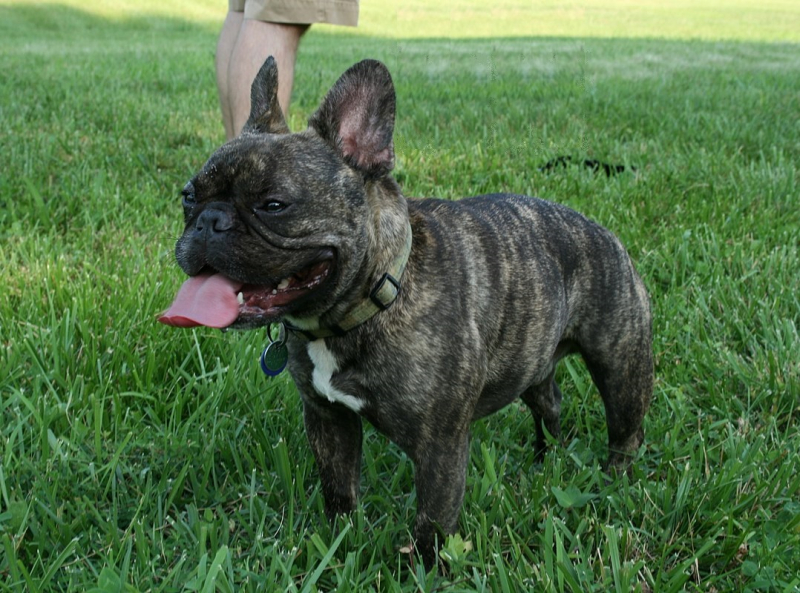
Source: Wikipedia 
Source: PawTracks -
For decades, Pomeranian has been a close companion of humans in general (and those with emotional and mental issues). Years later, they still remain among the most trusted furry buddies of humankind. Their calming and relaxing presence will help shoo all your troubles and sadness away. If you find yourself burdened by unwanted thoughts and memories, owning a Pomeranian dog would boost your mental health in no time.
These fluffy Pomeranian balls are ideal for placing on a patient's lap. It is no surprise that people all fall quickly in love with these adorable little creatures. After all, they are extremely inquisitive and possess a great deal of individuality and a sense of curiosity. Watching these dogs curiously wander around and explore the world around them can be very healing for patients. You will certainly be captivated by them for hours non-stop!
In addition, this breed is bright and obedient, allowing them to adapt to the often challenging settings often required of therapy dogs. They also like being caressed and enjoy quietness; there are no growls or snaps from them at all.
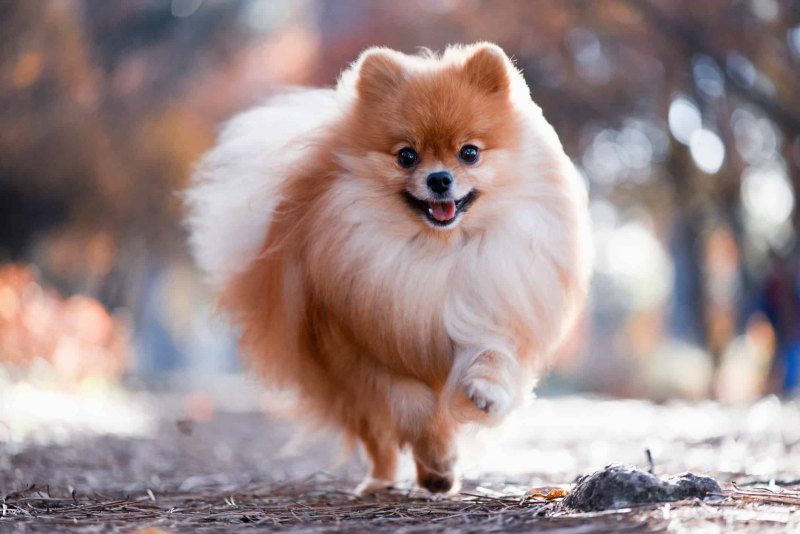
Source: Highland Canine Training 
Source: Daily Paws -
Poodles are some of the most popular and well-loved dogs in the world. A lesser-known facet of poodles is that they are also excellent therapy animals that would do wonders to your mental wellbeing. Many customers have exclaimed about the convenience of owning a poodle. And they do not just say so because poodles shed and drool less than other dog breeds! No, experts consider poodles an excellent breed for therapy for good reasons.
Most dog breeds we know are designed for a certain sort of job. Here is where poodles set themselves apart from their counterparts. Poodles were meant to be human-alternative companions; hence, they like being around humans and are adept at sensing their moods.
Poodles are also quite intelligent, which makes them versatile and trainable. They come in a variety of heights, so it is simple to pick a Poodle for any circumstance. Even better, some patients may enjoy grooming the Poodle's luxurious coat for hours on end.

Source: The Scotsman 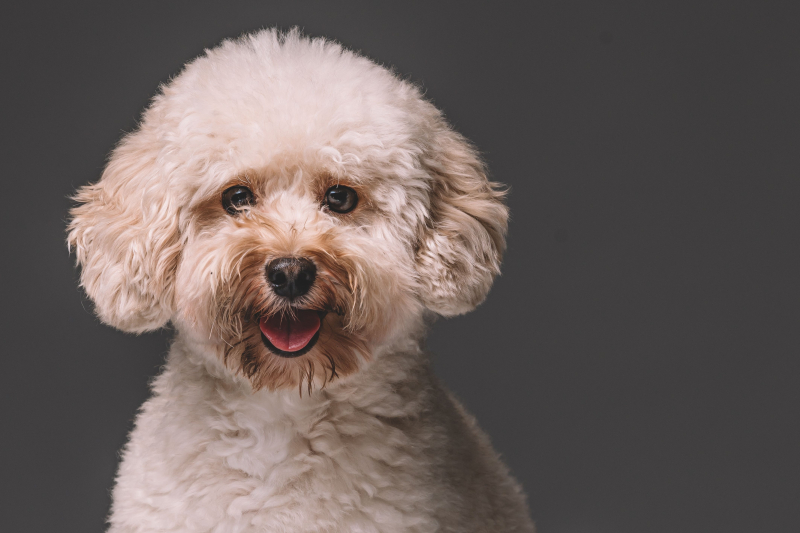
Source: The Spruce Pets














